The threat from Washington is an opportunity for Nigeria to collaborate with others and end the reign of terror, argues JOSHUA J. OMOJUWA
Nigeria has been engaging terrorists at scale for about a decade and a half now. In that time, we have sacrificed gallant men and women of our armed forces, seen villages sacked, grown one of the world’s largest numbers of displaced people, our capital city repeatedly bombed, the buildings in our cities changed irreversibly with bar gates, new markets for security equipment, budgets evolve toward reflecting the demands of a nation at war, and other such apparent change to our way of life. Whilst we have had periods of ease, there hasn’t been any end in sight.
It has been long enough time to put an end to the threat but whilst you could say we achieved periods of improved security and pivotal victories against these acts of terror and their perpetrators, we have somehow accepted it as our way of life; insecurity has become part of the Nigerian experience. As we have with stolen billions, so much so that news of people getting killed in numbers have lost their shock effect.
When President Donald Trump threatened military action and made claims of a Christian genocide in Nigeria, our intuitive response wasn’t just to say Christians aren’t being targeted, it was to admit that the terrorists, bandits and the other forms of insecurity we have come to get used to, do not discriminate against any group or faith, Nigerians are being killed, without let and discrimination. This is not normal, but it has been our norm for almost two decades now. If there is an opportunity in the unneeded attention directed our way by Trump’s social media posts, it is for us to gather the resolve and the global cooperation to map out a way to put an end to all the various forms of terror in our country and then go ahead to execute. Some things must give if we are to achieve this.
One can focus on the ulterior motives and the big geo-political underlying factors at play here: the China versus United States quest for control, with Nigeria’s resources as the catch, Trump’s desperation and dwindling popularity and his need to rally a thinning base, the not so faceless Nigerian groups advancing this agenda in Washington for their interests, etc. The one bit of the lot we can control is to address our protracted insecurity challenges. My fear here is that we have built an industrial complex around the war on terror to the point that you’d have to create new opportunities for those who benefit from this war to look elsewhere. It is like a country that must go to war abroad because it has a war economy back home to feed and grow. In our own case, the theatre of war is at home and the beneficiaries are the very people responsible for ending the war. To end the war is to close the tap of wealth on themselves.
For every government policy, purchases of new weapons and commitments by the relevant parties to put an end to this menace and the good intentions and gallantry of the men and women who pay the ultimate sacrifice or continue to put their lives on the line, not to acknowledge this big elephant is to live in denial, and to do so is to entrench the norm. What can we do about those who sabotage our efforts for their own gains? Those who appear to be with us but do everything that suggests that it is in their interest for Nigeria to be in this perpetual state of unease and chaos. This answer is not straightforward, because this lot play in the positions of patriots but play the game of saboteurs.
Then there are the helplessly ignorant ones who see in President Donald Trump, a saviour. A foreign country, a supposed ally, without provocation, calls yours a “disgraced country” and is threatening to send down soldiers. You can acknowledge the multidimensional security challenges and ask that anyone looking to help Nigeria can do that without an affront on the rules based international order. South Africa had to deal with this. It turned out to be a bluff, but it did not end without a public show of degrading South Africa’s President Cyril Ramaphosa by Mr Trump. Nigeria is now dealing with it. These are two of Africa’s biggest economies. It is worthy of note.
This is a direct affront on Africa’s sovereignty. It is worse than an attempt at colonialism. And it is beyond Nigeria. It was reflected in how South Africa was treated and how the other African leaders were treated in Washington, with the Liberian president being asked where he learned to speak English. Those Nigerians who justify Trump’s actions on the altar of Nigeria’s failings and maybe even their loss of the 2023 election probably think they know what they are doing, but there is no outcome, were Trump to follow his words with action, that scores them any win.
The next general elections are barely a year away. We are not about to unite as one country and any pretense at unity in the words of some of our political leaders in the wake of Trump’s posts, can easily be exposed by what each leader focused on. There was no stated consensus to challenge the notion of a Christian genocide, some debunked it to speak to the collective security challenges we are facing as a country, others left it unchallenged, as if to say Trump is right but they cannot openly agree because that’d come with some political costs. As though silence is not loud enough a position to take.
There is a worst-case scenario; the United States sends in troops as suggested by Trump. They immediately learn a few lessons about what it means to fight on our terrain, especially the cost of the prospective collateral damage to villages and villagers. God forbid, but in a world where that happens, Africa’s sovereignty might as well be renegotiated again. Because if Nigeria gets violated, who can stand?
Omojuwa is chief strategist, Alpha Reach/BGX Publishing



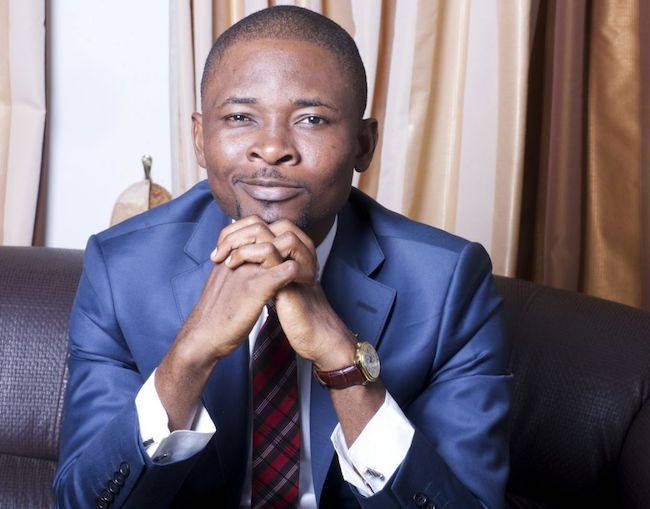


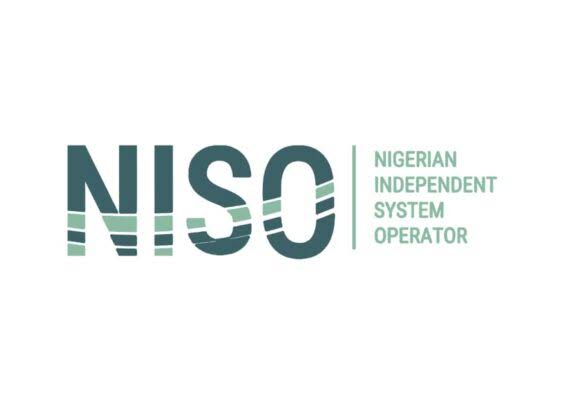
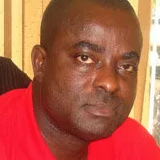
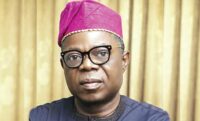
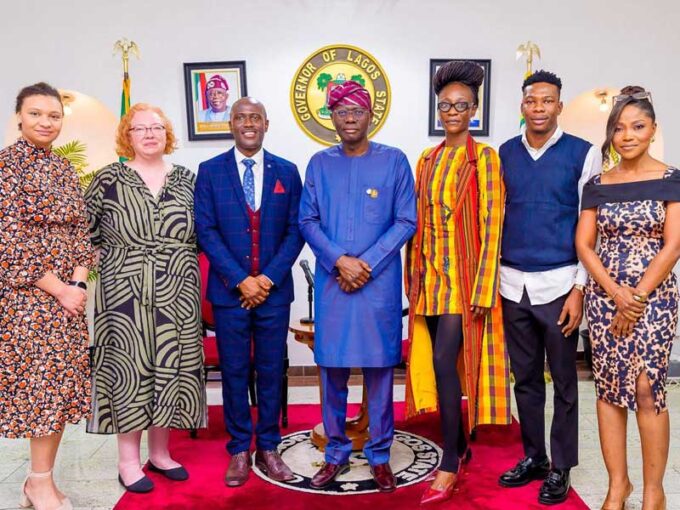





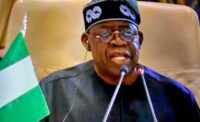


Leave a comment